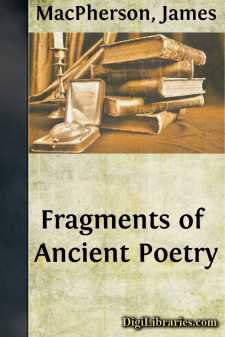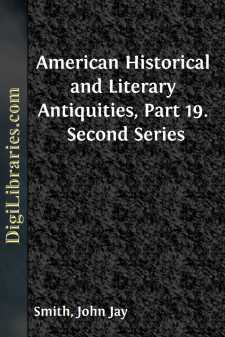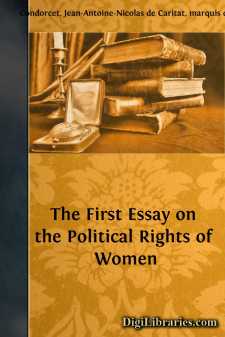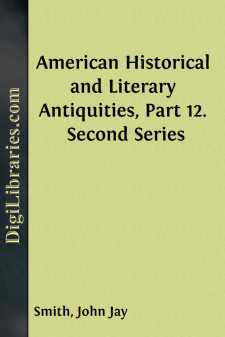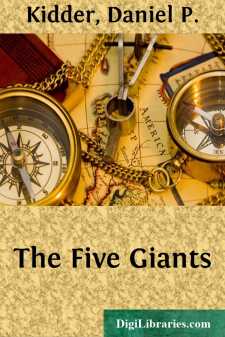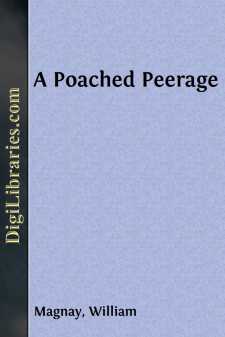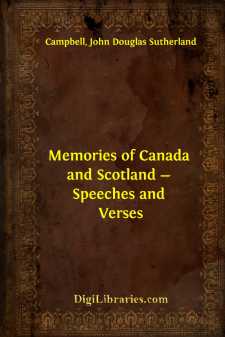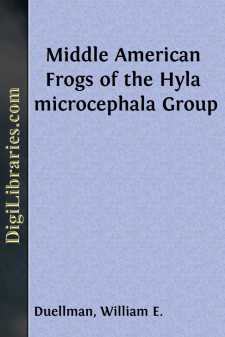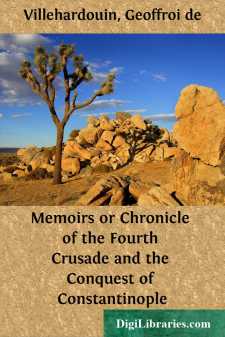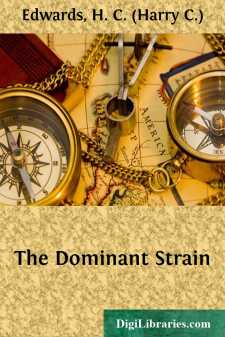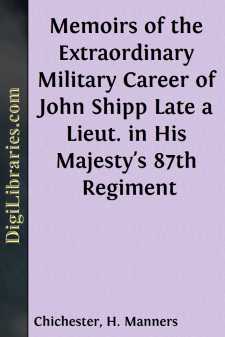Categories
- Antiques & Collectibles 13
- Architecture 36
- Art 48
- Bibles 22
- Biography & Autobiography 815
- Body, Mind & Spirit 144
- Business & Economics 28
- Children's Books 18
- Children's Fiction 14
- Computers 4
- Cooking 94
- Crafts & Hobbies 4
- Drama 346
- Education 58
- Family & Relationships 59
- Fiction 11834
- Games 19
- Gardening 17
- Health & Fitness 34
- History 1378
- House & Home 1
- Humor 147
- Juvenile Fiction 1873
- Juvenile Nonfiction 202
- Language Arts & Disciplines 89
- Law 16
- Literary Collections 686
- Literary Criticism 179
- Mathematics 13
- Medical 41
- Music 40
- Nature 179
- Non-Classifiable 1768
- Performing Arts 7
- Periodicals 1453
- Philosophy 65
- Photography 2
- Poetry 896
- Political Science 203
- Psychology 44
- Reference 154
- Religion 515
- Science 126
- Self-Help 85
- Social Science 83
- Sports & Recreation 34
- Study Aids 3
- Technology & Engineering 59
- Transportation 23
- Travel 463
- True Crime 29
Our website is made possible by displaying online advertisements to our visitors.
Please consider supporting us by disabling your ad blocker.
Fragments of Ancient Poetry
by: James MacPherson
Description:
Excerpt
INTRODUCTION
Byron was actually the third Scotsman in about fifty years who awoke and found himself famous; the sudden rise from obscurity to international fame had been experienced earlier by two fellow countrymen, Sir Walter Scott and James Macpherson. Considering the greatness of the reputation of the two younger writers, it may seem strange to link their names with Macpherson's, but in the early nineteenth century it would not have seemed so odd. In fact, as young men both Scott and Byron would have probably have been flattered by such an association. Scott tells us that in his youth he "devoured rather than perused" Ossian and that he could repeat whole duans "without remorse"; and, as I shall discuss later, Byron paid Macpherson the high compliment of writing an imitation of Ossian, which he published in Hours of Idleness.
The publication of the modest and anonymous pamphlet, Fragments of Ancient Poetry marks the beginning of Macpherson's rise to fame, and concomitantly the start of a controversy that is unique in literary history. For the half-century that followed, the body of poetry that was eventually collected as The Poems of Ossian provoked the comment of nearly every important man of letters. Extravagance and partisanship were characteristic of most of the remarks, but few literary men were indifferent.
The intensity and duration of the controversy are indicative of how seriously Macpherson's work was taken, for it was to many readers of the day daring, original, and passionate. Even Malcolm Laing, whose ardor in exposing Macpherson's imposture exceeded that of Dr. Johnson, responded to the literary quality of the poems. In a note on the fourth and fifth "Fragments" the arch prosecutor of Macpherson commented,
"From a singular coincidence of circumstances, it was in this house, where I now write, that I first read the poems in my early youth, with an ardent credulity that remained unshaken for many years of my life; and with a pleasure to which even the triumphant satisfaction of detecting the imposture is comparatively nothing. The enthusiasm with which I read and studied the poems, enabled me afterwards, when my suspicions were once awakened, to trace and expose the deception with greater success. Yet, notwithstanding the severity of minute criticism, I can still peruse them as a wild and wonderful assemblage of imitation with which the fancy is often pleased and gratified, even when the judgment condemns them most."[2]
II
It was John Home, famous on both sides of the Tweed as the author of Douglas, who first encouraged Macpherson to undertake his translations. While taking the waters at Moffat in the fall of 1759, he was pleased to meet a young Highland tutor, who was not only familiar with ancient Gaelic poetry but who had in his possession several such poems. Home, like nearly all of the Edinburgh literati, knew no Gaelic and asked Macpherson to translate one of them. The younger man at first protested that a translation "would give a very imperfect idea of the original," but Home "with some difficulty" persuaded him to try....


